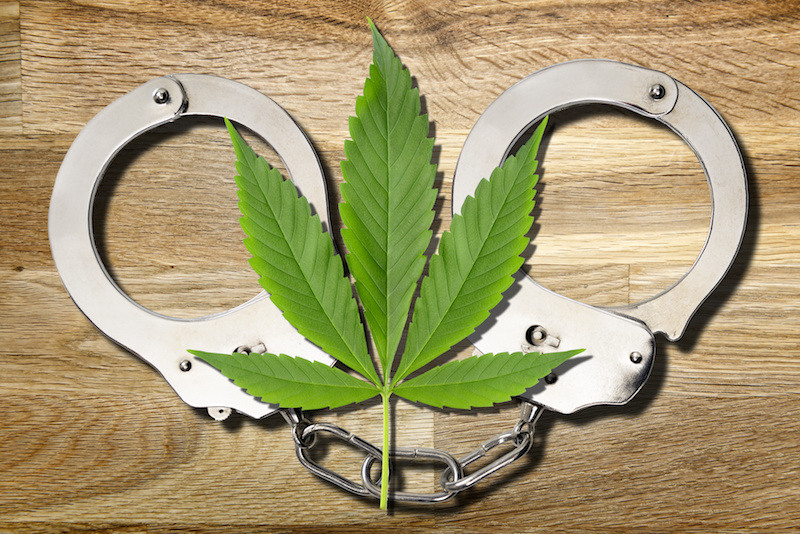
by CannaContent | Aug 7, 2018
Facebook users recently discovered their searches for “marijuana” and “cannabis” no longer display results. Here’s what happened when CannaContent conducted a search of the term “cannabis” on Facebook on August 4, 2018: Nothing. Plain ‘ol nothing. So, what the hell is...

by CannaContent | Jul 13, 2018
It’s been a federal crime to possess, cultivate, or distribute the cannabis plant or any products derived from it since the 1930s. The law enforcement policy built around the criminalization of cannabis has become a behemoth, arresting between half a million and...

by CannaContent | Jun 6, 2018
The rise of voice search is on the minds of every cannabis marketer, as voice assistant technologies continue to influence how your customers search for products and services online. One in six people in the U.S. owns a smart speaker such as Amazon Alexa or Google...



